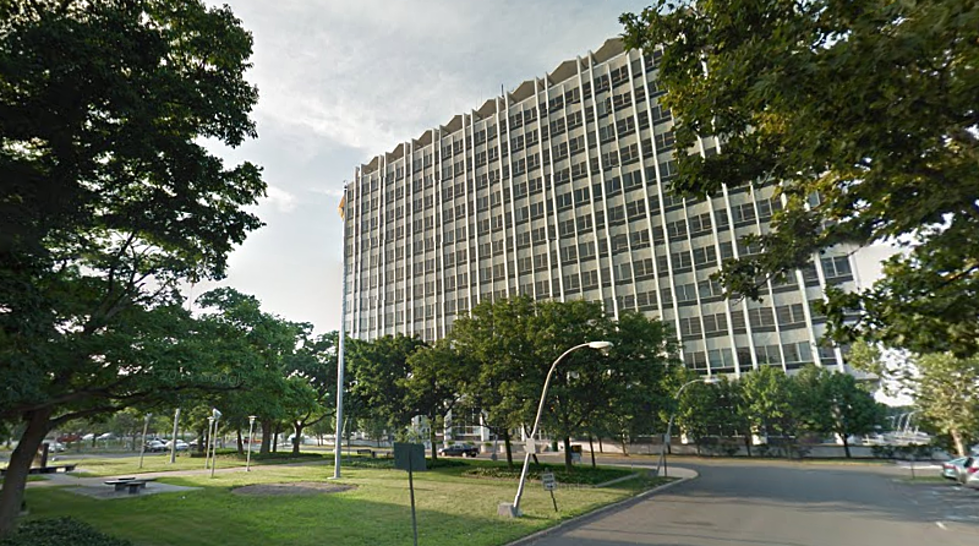
‘We Already Cut to the Bone’ — More NJ Government Cuts are Coming
New Jersey state government approaches a round of cost-cutting, potentially a deep one, with significantly less funding and fewer full-time employees than when it faced the Great Recession a decade ago, says a liberal research group urging a gentle touch.
New Jersey Policy Perspective says that without proper funding, the state government can’t meet citizens’ needs at the time that demand for services is at an all-time high due to the novel coronavirus.
Sheila Reynertson, NJPP’s senior policy analyst, said huge cuts were made to budget and staffing in response to financial crisis and Great Recession that weren’t fully reversed if adjusted for inflation. She said staffing across all departments is 20% below where it was in 2008.
“We know that the state is going to have to make some tough decisions on how to balance this year’s budget and going into next year’s, and that’s going to include cuts, right? We know that,” Reynertson said.
“So when we’re asking departments to take a hit during this new economic crisis, you’re literally cutting bone. We’ve already cut these departments to the bone, and now we’re asking them to cut even more,” she said. "It’s a no-win situation.”
The NJPP report says the reductions affect the agencies at the forefront of the pandemic response:
- The Department of Health and Department of Human Services together have 6% less funding and 30% fewer employees than they had before the Great Recession. New Jersey spends less than $30 per person on local health departments, putting it in the bottom quarter of states.
- The Department of Labor and Workforce Development, which lacks the staff and resources to handle the current wave of unemployment applications, has 25% fewer staffers than it had a decade ago, a drop of 871 workers.
- The Department of Community Affairs, which manages some of the housing and related assistance programs for low-income residents, has seen its state funding shrink 42% since the Great Recession, though it has grown since 2012. Its workforce is down more than 20%.
“What we have as a result is resources that are needed desperately now to deliver government and a level of service that every New Jerseyan, especially now, deserves, we’re not able to do that,” said Reynertson.
In 2018, when Murphy took office and NJPP regained access to government that it lacked during Republican Chris Christie’s two terms, employees at the state Labor Department said their building was half-empty, Reynertson said. NJPP saw the results of that when it worked on a family-leave expansion bill.
“We discovered that the Department of Labor was in a very compromised position with outdated software, which we’re all hearing about now, and low staffing levels to help people with their claims,” she said. “The writing was on the wall previous to this crisis. It’s only been amplified now.”

KEEP READING: 50 community resources supporting Americans financially impacted by COVID-19
More From WPG Talk Radio 95.5 FM










